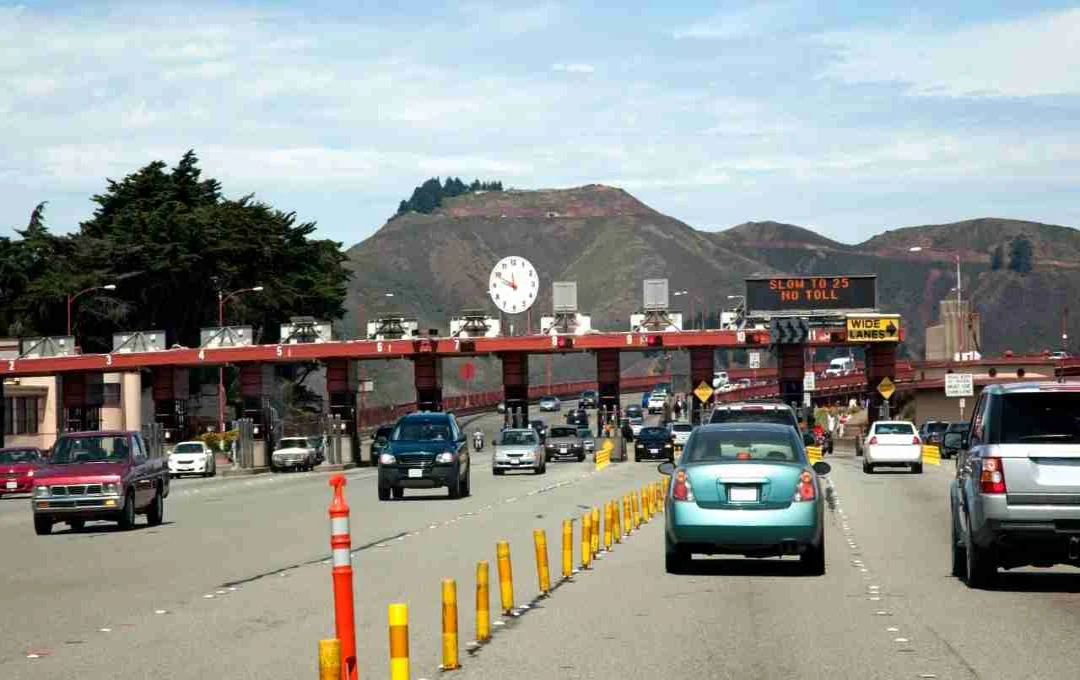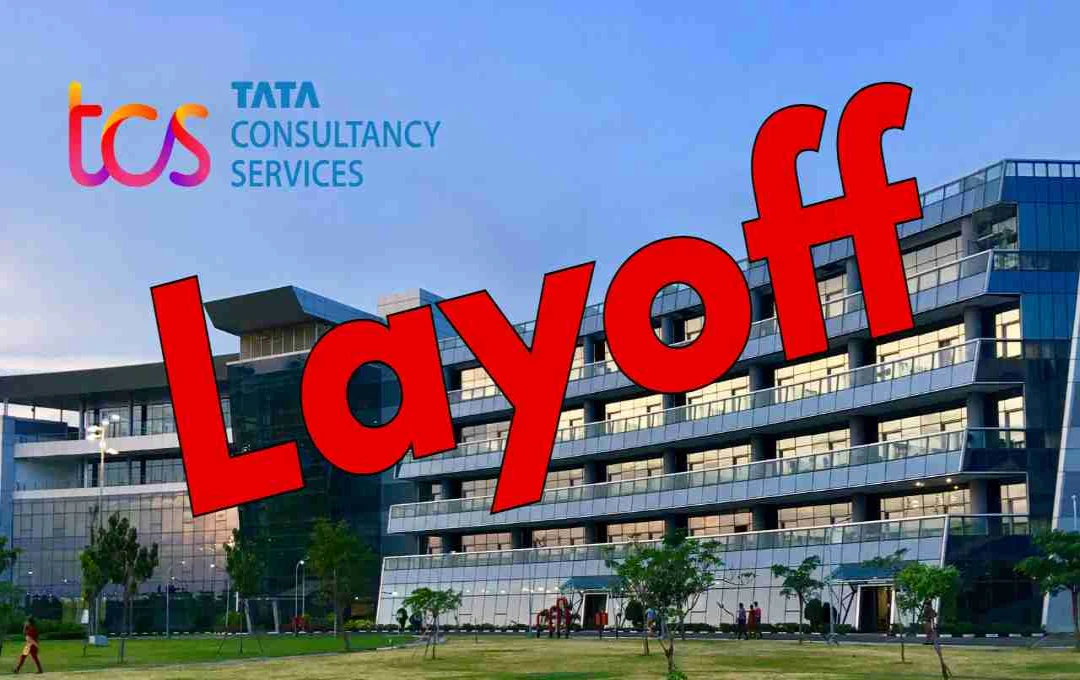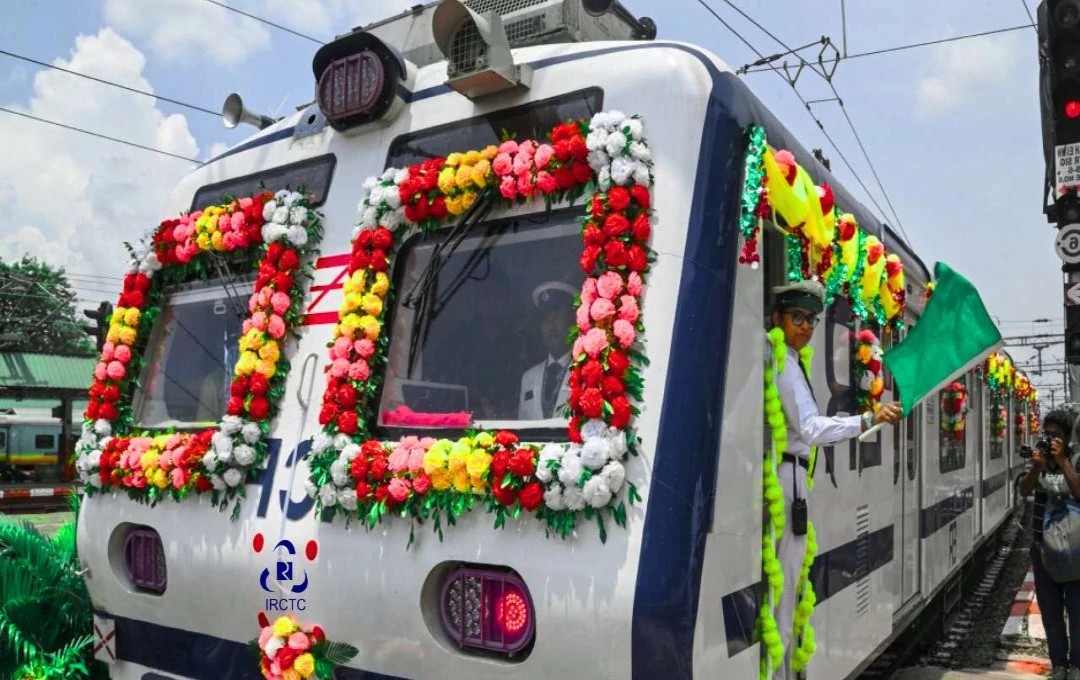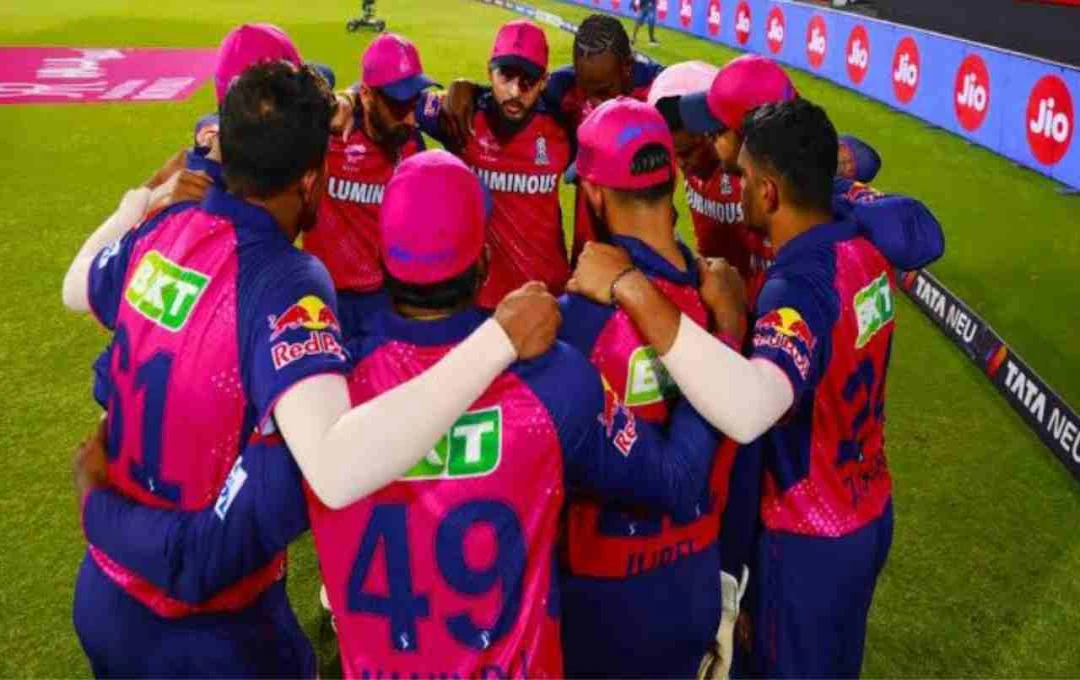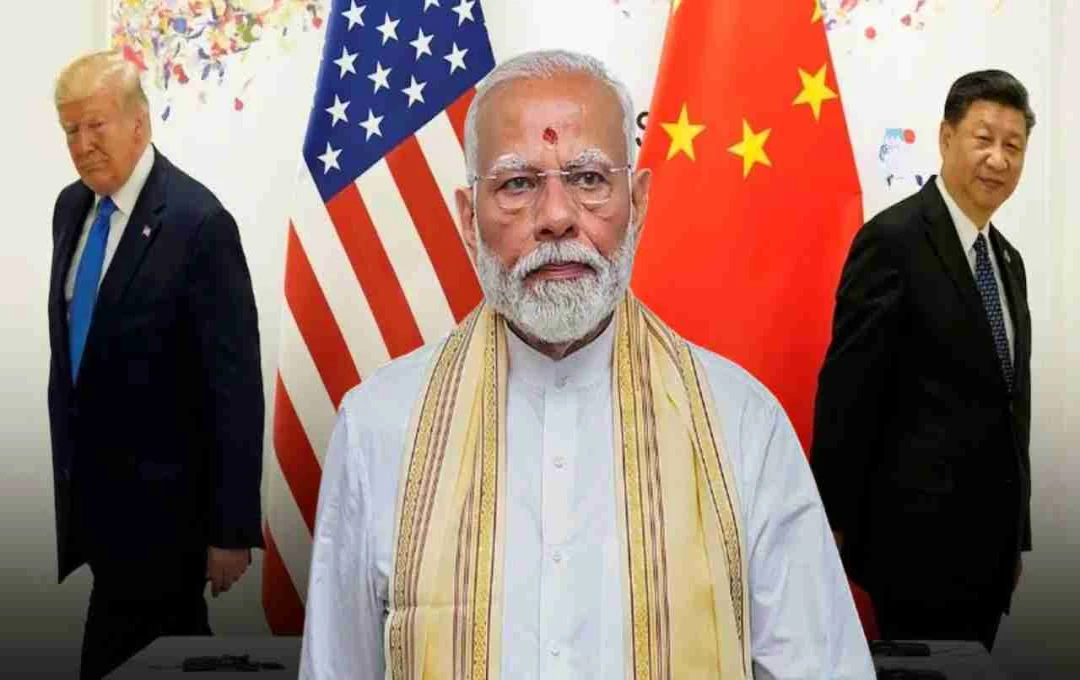A major relief is soon coming for those traveling on India's expressways and national highways.
New Delhi: Millions of people traveling on India's roads have reason to rejoice. The Ministry of Road Transport and Highways is soon launching a revolutionary "Pay As You Go" toll policy. Under this policy, you will only pay toll for the distance you travel on the expressway. This new system will replace the existing flat-rate toll system, where travelers had to pay the full toll for a fixed distance, regardless of whether they used the entire route.
How will the new toll system work?
The new toll policy will utilize a high-tech system incorporating these key elements:
- Automatic Number Plate Recognition (ANPR) cameras: These cameras will scan vehicle number plates and record entry/exit points.
- Fastag system: The toll amount will be automatically deducted from the bank account linked to the vehicle's Fastag, based on the distance traveled.
- GPS-based tracking (in the future): A GPS tagging system is being tested on some premium expressways, which will calculate the toll based on the actual distance traveled.
- Example: If a traveler travels only 50 km on the Delhi-Mumbai Expressway, they will not have to pay the toll for the entire 1,400 km, but only for the 50 km traveled.
Benefits of the new system
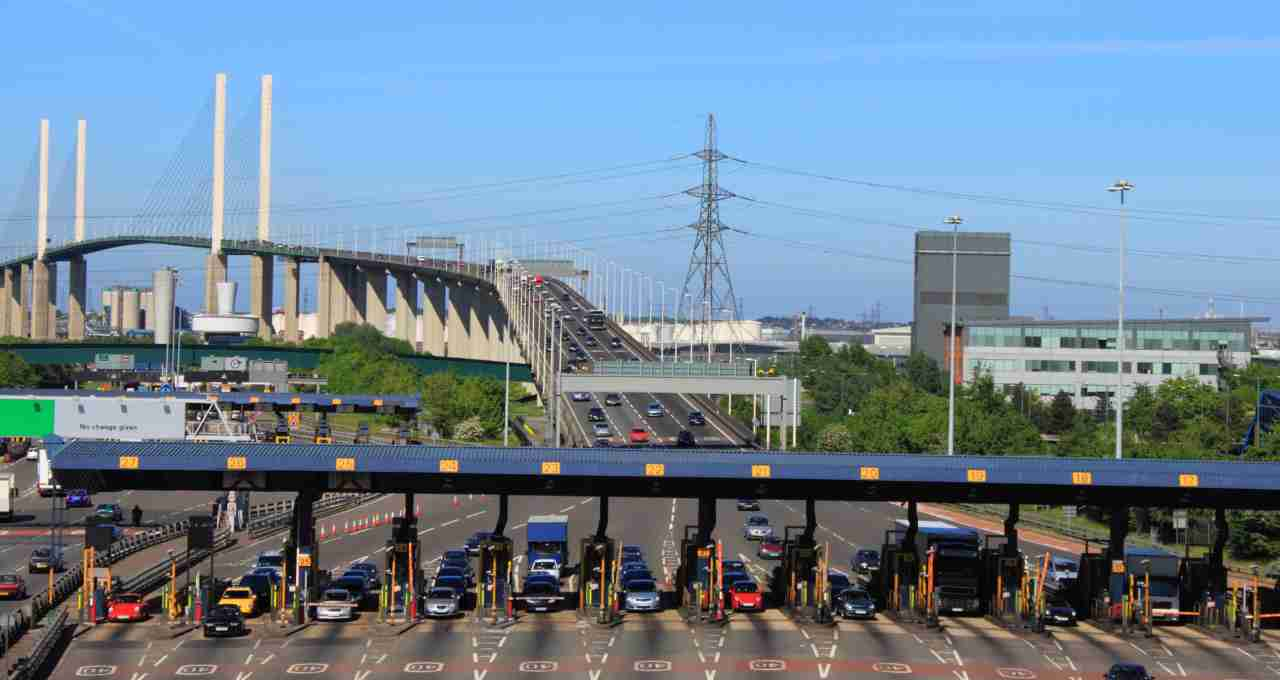
- Relief for travelers: Those traveling short distances will not have to pay exorbitant tolls.
- Reduced traffic congestion: Queues at toll plazas will be eliminated due to automated payments.
- Increased transparency: Travelers will be able to check their travel bill on an app or website.
- Increased revenue: More small vehicle owners will use expressways, leading to increased government revenue.
Which states will benefit the most?
According to Union Road Transport Minister Nitin Gadkari, states like Uttar Pradesh, Maharashtra, and Rajasthan, which generate the highest toll revenue, will benefit the most from this new system.
Top 5 states (based on 2024-25 toll revenue):
- Uttar Pradesh: ₹7,060 crore
- Rajasthan: ₹5,967 crore
- Maharashtra: ₹5,115 crore
- Gujarat: ₹4,890 crore
- Karnataka: ₹4,200 crore
When will the new system be implemented?
According to government sources, a pilot project will be launched on the Delhi-Mumbai Expressway and the Eastern Expressway (Delhi-Kolkata). If successful, it will be implemented across all major expressways nationwide by 2026.
What are the challenges?
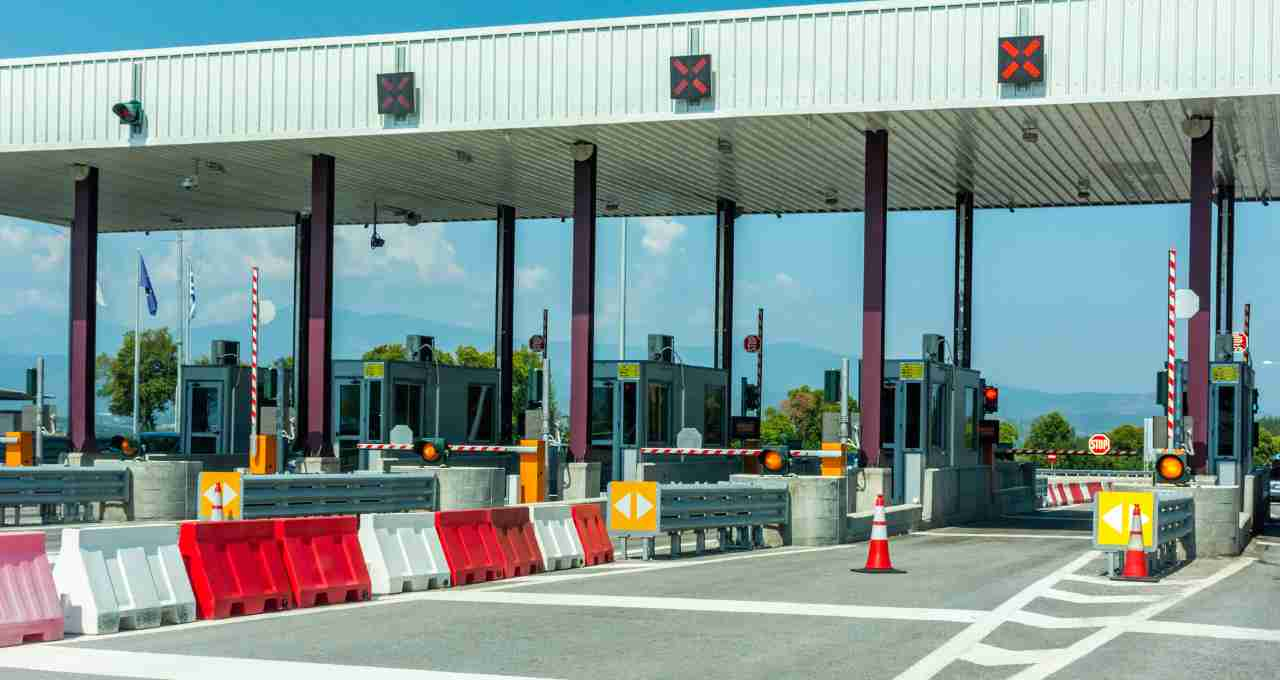
- Technical infrastructure: ANPR cameras and the Fastag system need to be completely accurate.
- Data privacy: Tracking vehicle movement poses a risk of data leakage.
- Rural area coverage: Network connectivity issues in remote areas.
Transport experts believe this policy will bring a significant change to India's toll collection system. "This system is successfully operating in Europe and America. If India implements it correctly, it will prove to be a game-changer for both traffic management and revenue," - Dr. Praveen Kumar, Transport Economist.
